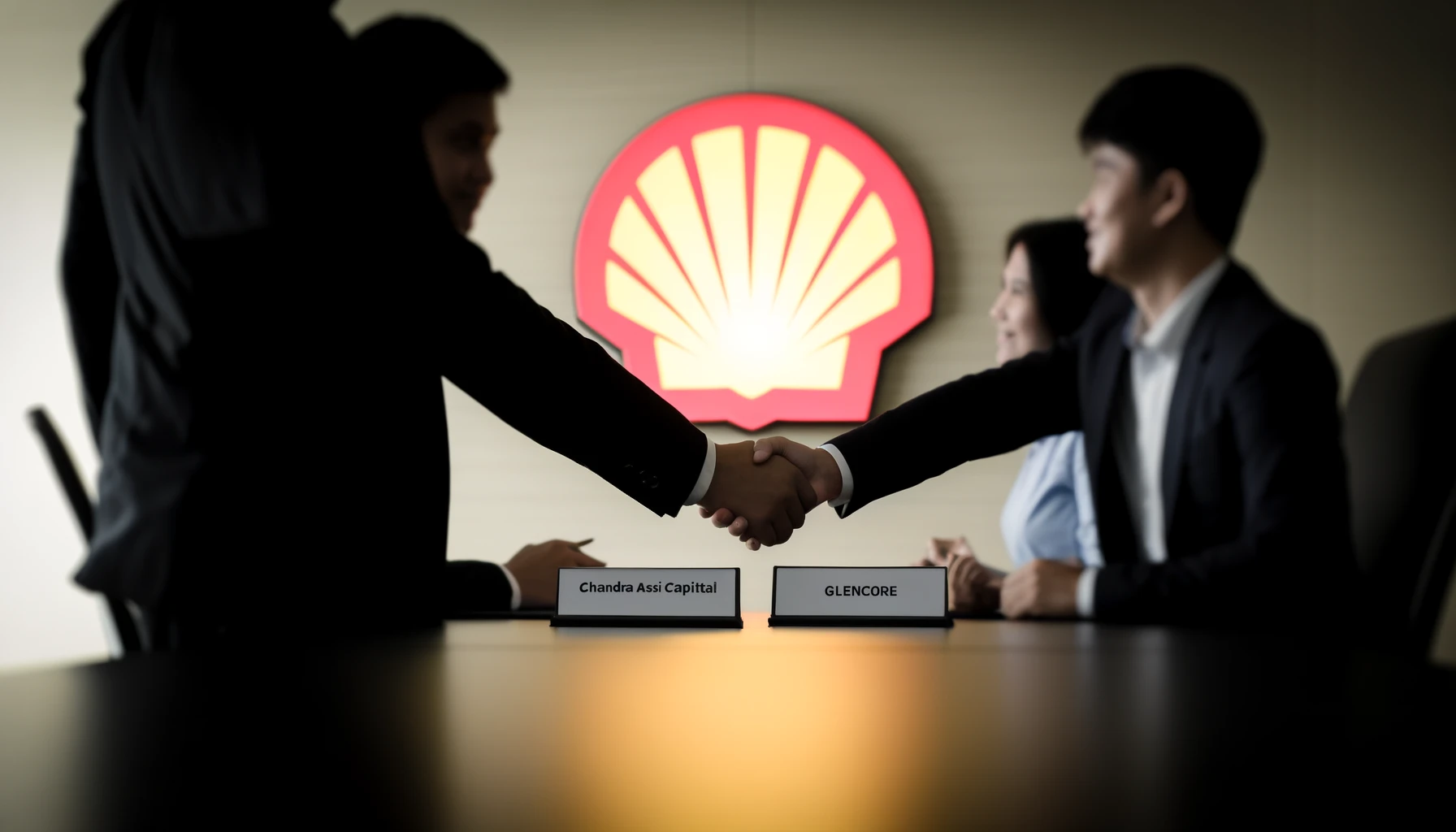
Shell, one of the world’s leading energy companies, has recently announced a significant strategic decision: the sale of its refining and petrochemical assets in Singapore. This move comes as part of Shell’s ongoing efforts to streamline operations and focus on its most profitable ventures in response to shifting market dynamics and evolving consumer demands. By divesting non-core assets and optimizing its portfolio, Shell aims to enhance its competitiveness and drive long-term value creation for shareholders.
Understanding the Deal
The deal involves the sale of Shell’s Singaporean refining and petrochemical assets, which represent the company’s largest production center in the Asia-Pacific region. These assets, located on the Pulau Bukom and Jurong islands in Singapore, encompass a 237,000 barrels-per-day refinery and a 1.1 million metric tons-a-year ethylene cracker, among other facilities. The sale includes both physical assets and commercial contracts associated with the Energy and Chemicals Park in Singapore.
Strategic Rationale
Shell’s decision to divest these assets aligns with its broader strategic objectives, aimed at optimizing its chemicals and products portfolio. By focusing on high-growth and high-margin businesses, Shell aims to enhance its competitiveness and drive long-term value creation for shareholders. The divestment follows a comprehensive review of the refining and petrochemical assets, initiated by Shell a year ago, underscoring the company’s commitment to disciplined capital allocation and strategic focus.
Partnership with Chandra Asri Capital and Glencore
Shell has entered into a joint venture agreement with Chandra Asri Capital and Glencore for the sale of its Singaporean assets. This partnership leverages the strengths and expertise of all parties involved, ensuring a smooth transition and maximizing value for stakeholders. Chandra Asri Capital, a leading petrochemical company in Indonesia, brings extensive industry knowledge and regional insights to the table, while Glencore’s global presence and strategic capabilities further enhance the partnership’s potential for success.
Impact on the Asia-Pacific Region
The sale of Shell’s refining and petrochemical assets in Singapore will have significant implications for the Asia-Pacific region’s energy landscape. With the Pulau Bukom refinery and Jurong island petrochemical complex being key production hubs in the region, the transaction will reshape market dynamics and create new opportunities for industry players. The strategic realignment of assets reflects Shell’s commitment to adapting to evolving market conditions and capitalizing on emerging trends in the Asia-Pacific energy market.
Regulatory Approval and Timeline
The completion of the deal is subject to regulatory approval and is expected to finalize by the end of 2024. Shell remains committed to fulfilling all regulatory requirements and ensuring a seamless transition process. The company’s focus on regulatory compliance underscores its commitment to ethical business practices and responsible corporate citizenship.
Looking Ahead: Future Growth Opportunities
As Shell embarks on this transformative journey, it remains poised to capitalize on future growth opportunities in the energy sector. The divestment of its Singaporean assets represents a strategic realignment aimed at unlocking value and driving sustainable growth in core business areas. By focusing on innovation, operational excellence, and strategic partnerships, Shell is well-positioned to navigate the complexities of the global energy landscape and deliver long-term value to its stakeholders.
Strategic Realignment: Paving the Path for Future Growth
Amidst increasing global competition and evolving market dynamics, Shell’s strategic move to divest its Singapore refinery and chemicals assets underscores the company’s commitment to agility and adaptability. By strategically realigning its portfolio, Shell is not only optimizing its operations but also positioning itself to capitalize on emerging opportunities in the energy sector. This proactive approach reflects Shell’s forward-thinking mindset and dedication to staying ahead of industry trends. As the company navigates the complexities of the energy landscape, stakeholders can be confident in Shell’s ability to drive sustainable growth and deliver value in an ever-changing market environment.
Conclusion
Shell’s decision to sell its Singapore refinery and chemicals assets marks a significant milestone in the company’s strategic evolution. By divesting non-core assets and focusing on high-value business segments, Shell is positioning itself for long-term success in a dynamic and rapidly changing energy market. As the company continues to pursue its strategic objectives, stakeholders can expect to see further initiatives aimed at enhancing shareholder value and driving sustainable growth in the years to come.










